Life outside the lab: Science graduate student adjusts to life in isolation
 Sarah Al-Ajeel is a master’s student in biology and is mid-way through her degree.
Sarah Al-Ajeel is a master’s student in biology and is mid-way through her degree.
Accustomed to working in Waterloo’s Neufeld lab, Al-Ajeel, like many other science students, have pivoted their studies and research to adjust to this new work-from-home culture.
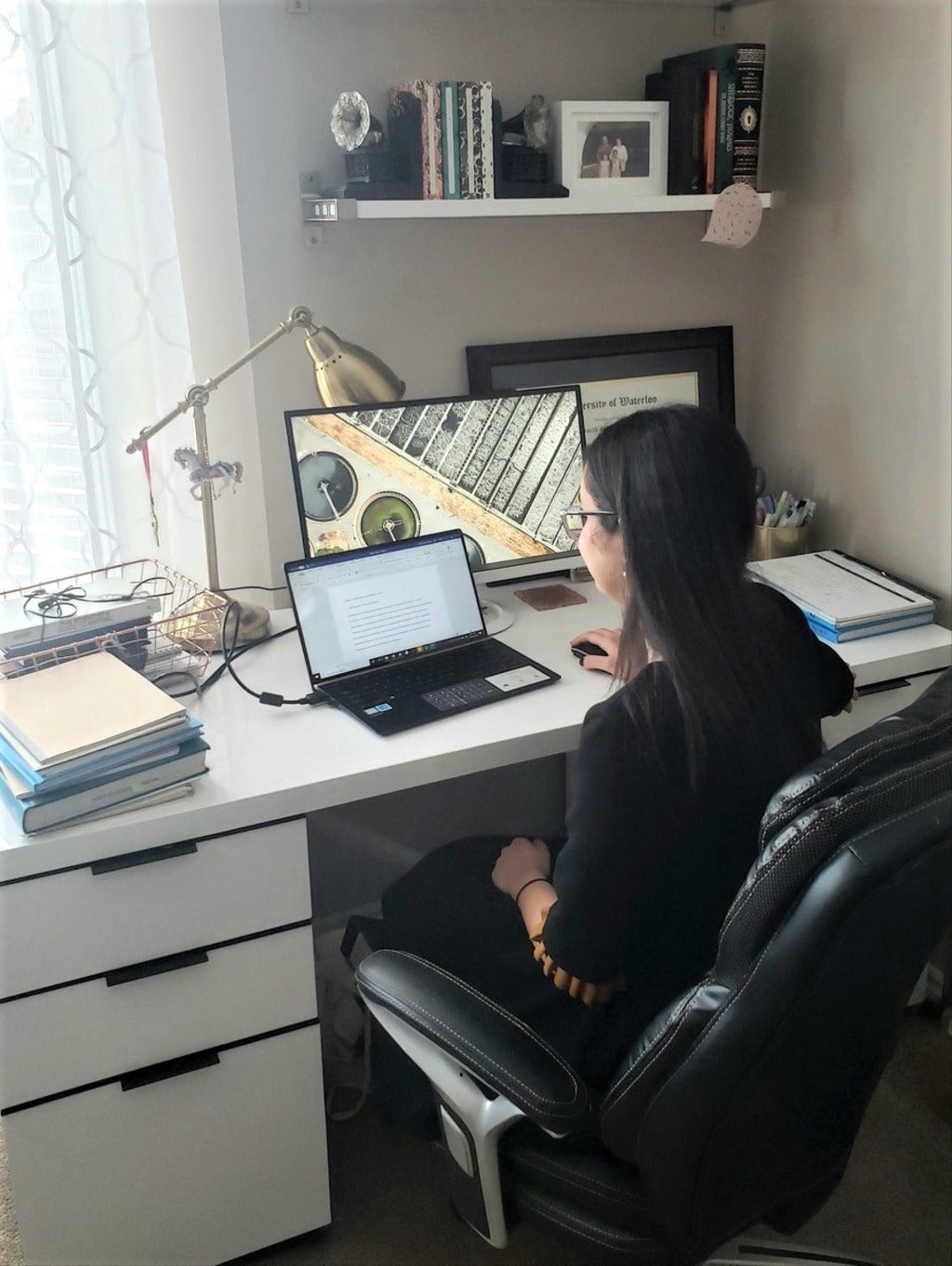
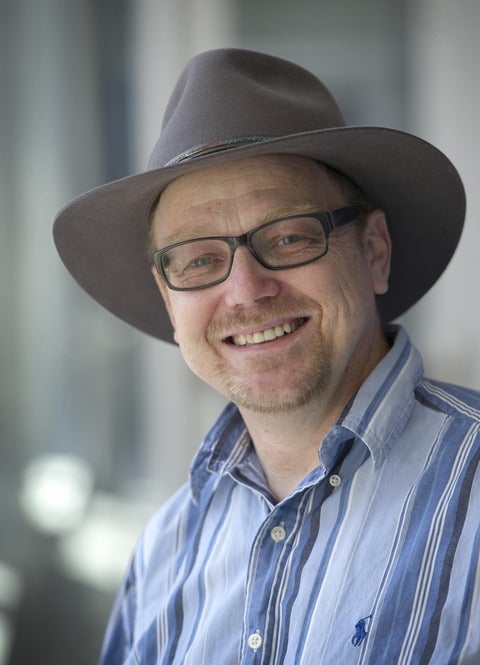
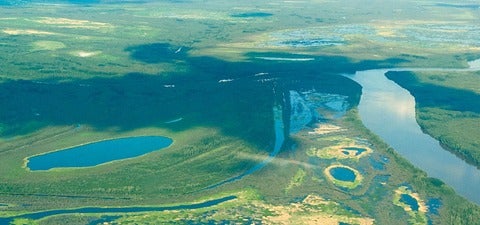
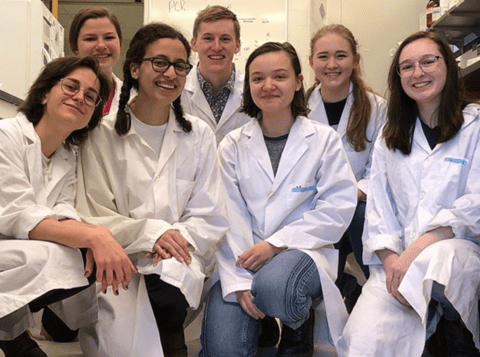
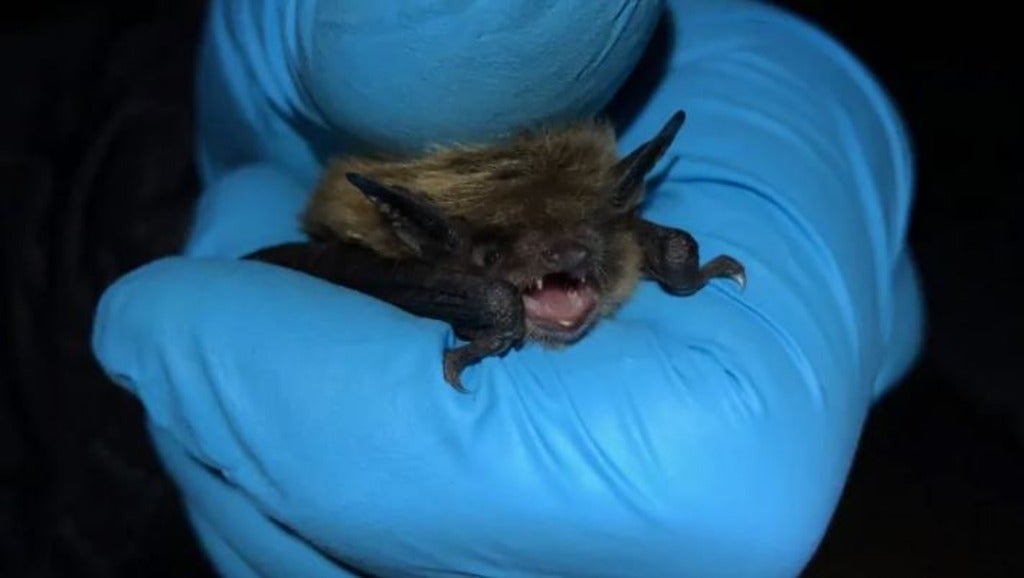

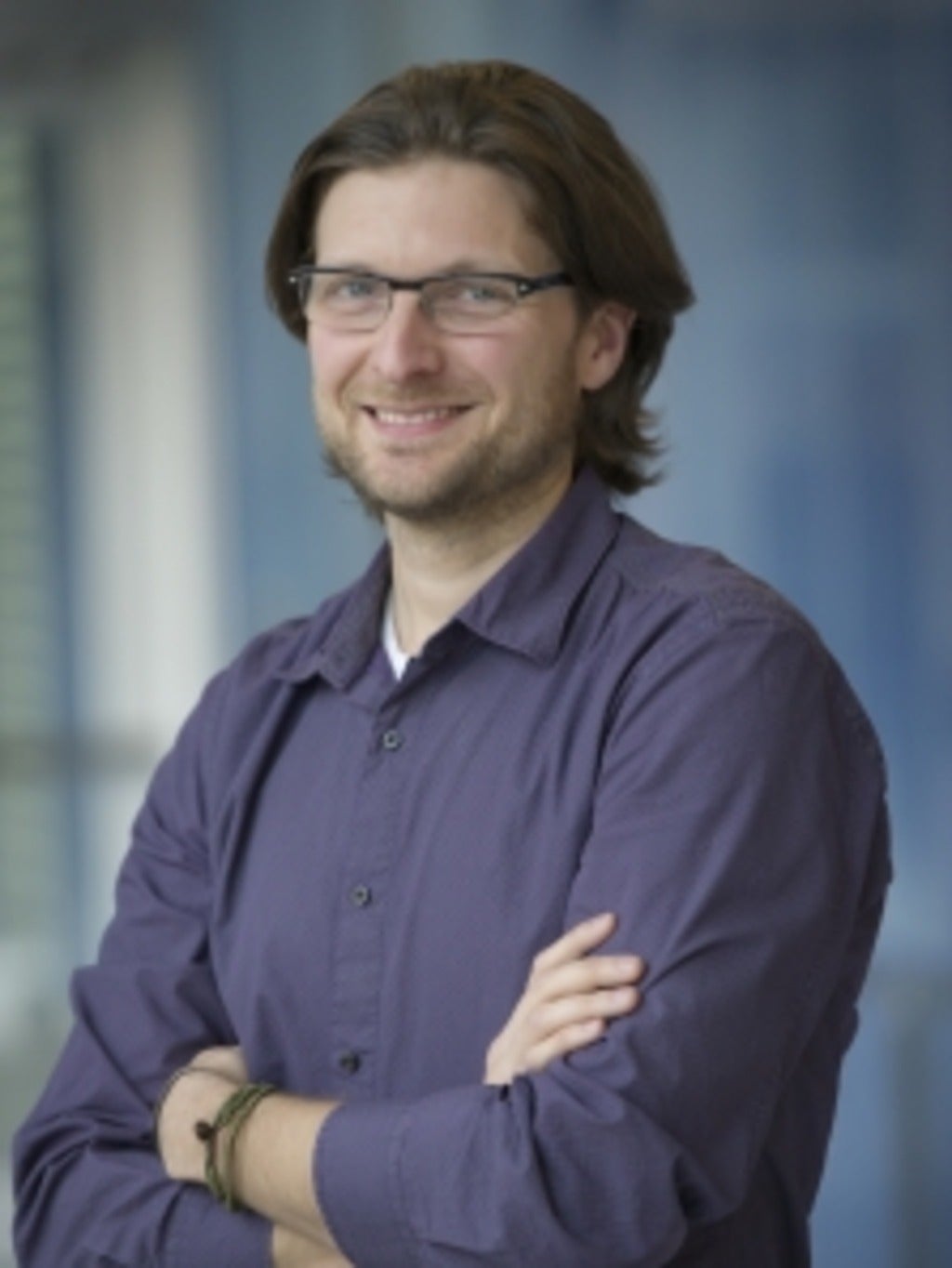
 Biology continuing lecturer
Biology continuing lecturer 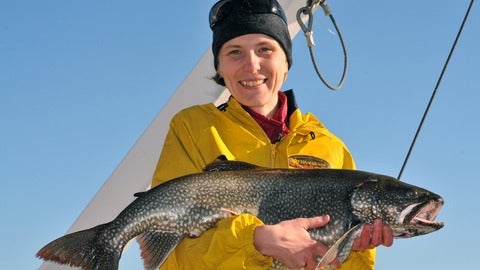

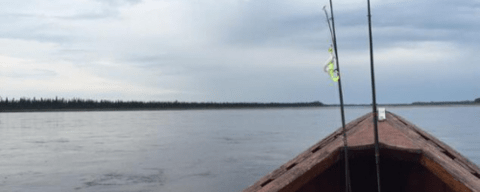

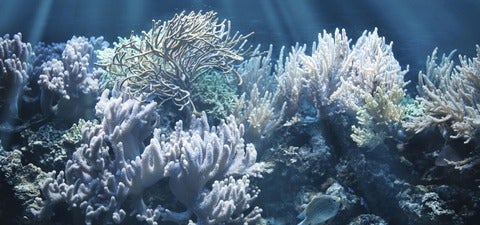
 In an era of invasive species, climate change, and rapid habitat loss, ecological systems may never experience a “stable equilibrium”, according to
In an era of invasive species, climate change, and rapid habitat loss, ecological systems may never experience a “stable equilibrium”, according to